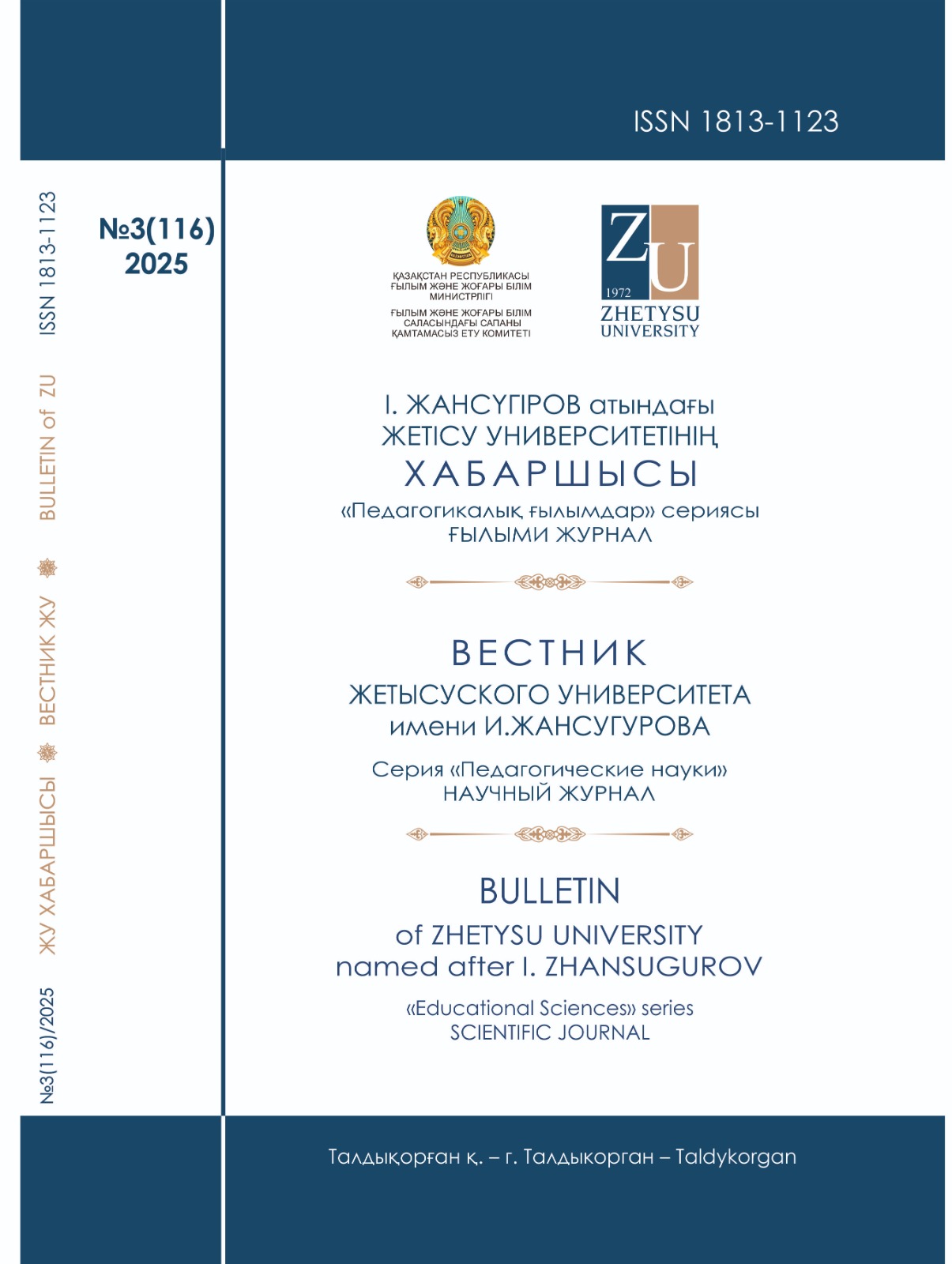DEVELOPING TEACHERS' PROFESSIONAL COMPETENCIES THROUGH ARTIFICIAL INTELLIGENCE IN QUALITY EDUCATION (SDG 4)
DOI:
https://doi.org/10.53355/ZHU.2025.116.3.015Keywords:
professional competence, artificial intelligence, education, teacher, quality education, sustainable developmentAbstract
This article explores the pedagogical, methodological, and ethical aspects of using artificial intelligence (AI) in the education system. The relevance of the study is defined within the framework of the United Nations Sustainable Development Goal (SDG) 4 – "Quality Education," as AI provides significant opportunities to improve the quality of education, ensure inclusivity, and offer personalized learning pathways for students. The article presents analyses of documents from UNESCO, OECD, the European Commission, and the European Parliament, identifying the advantages and limitations of using AI tools in the education system. The research methodology is based on quantitative content analysis, and the empirical data source involves user data from the "Aitalim" platform. The results show that AI tools contribute to enhancing teachers' professional competence, developing functional literacy, and increasing the efficiency of lesson content preparation. It is also highlighted that AI helps develop critical thinking, creativity, collaboration, and aids in mastering the fundamentals of programming, machine learning, and ethics. The article analyzes the European DigCompEdu framework and ISTE standards, revealing their importance in shaping teachers' digital competencies. The test creation practice on the "Aitalim" platform demonstrated that it allows teachers to automate learning tasks, save time, and consider the individual needs of students. In conclusion, artificial intelligence is a powerful tool that can elevate pedagogical practice to a new level. However, its effective use requires a comprehensive approach from ethical, legal, and methodological perspectives.

 ҚАЗ
ҚАЗ РУС
РУС ENG
ENG
